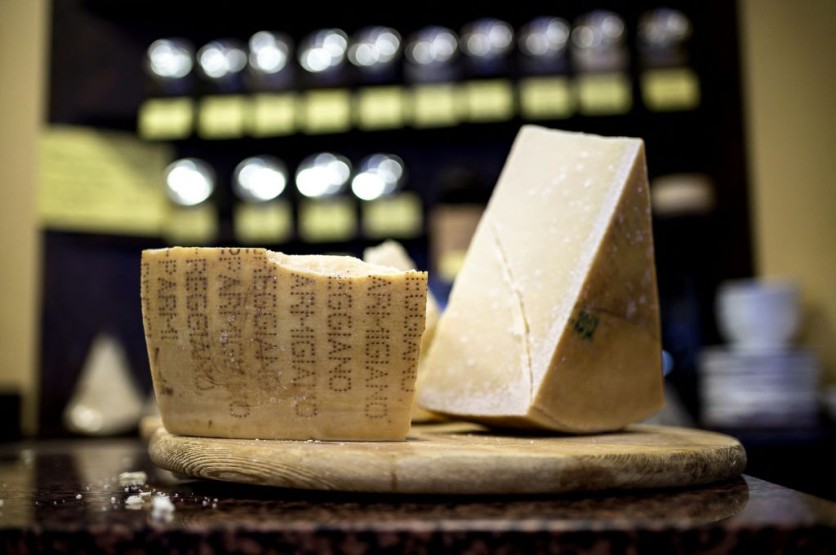Italian Parmigiano cheese producers are now countering counterfeit products with an unconventional solution: microchips. These tiny technological additions, more commonly associated with electronics, have found an unlikely home in cheese wheels.

Solution for Fake Cheese
For over a century, the Parmigiano Reggiano Consortium (PRC), a governing body in Italy responsible for verifying cheese authenticity, has been dedicated to confronting the challenge posed by imitation cheeses that fall short of the stringent requirements for genuine production.
Having secured the esteemed Protected Designation of Origin (PDO) status from the European Union back in 1996, Interesting Engineering reported that the renowned cheese known as Parmigiano reggiano (the sole variety legally permitted to bear the name "parmesan" within the region) must adhere to precise regulations.
This dictates that it can only be crafted within a specific northern Italian territory, encompassing the provinces of Parma and Reggio Emilia. Immersed in a mountainous climate, the cheese wheels embark on a journey of maturation lasting no less than a year, followed by meticulous assessment by connoisseurs two years after their creation, all in the pursuit of impeccable quality.
The prestigious PDO classification bestows upon food items the privilege of originating from a specific geographical domain and being produced using venerable expertise. This exclusive group encompasses renowned delicacies such as French champagne, Portuguese port, and Greek kalamata olive oil.
With certification standards set remarkably high, these exceptional products command premium prices. This allure prompts counterfeiters to gravitate toward them, envisioning swift gains while capitalizing on the esteemed reputation of these safeguarded titles.
Notably, the Parmigiano Reggiano Consortium (PRC) approximates that annual global proceeds from counterfeit cheese sales hover around the $2 billion mark-a value not distant from the legitimate product's remarkable sales of $3.1 billion recorded just last year.
Also Read : This Microchip Can Analyze Your Stress Hormone Levels Through a Drop of Blood Within Minutes
The introduction of these innovative microchips marks the latest chapter in the cheese's storied evolution, a journey spanning over a millennium, tracing back to its inception by Benedictine and Cistercian monks who sought a durable food source.
With parmesan exports to global markets steadily rising and nearly half of last year's production crossing Italy's borders, The Guardian reported that producers are recognizing the imperative for technological advancement. As the cheese's international presence grows, the demand for enhanced methods becomes increasingly pronounced.
Engineered to underscore the global significance of our product and differentiate it from akin items lacking adherence to our meticulous production prerequisites and geographical lineage, PRC President Nicola Bertinelli previously emphasized. The digitization of the tracking process serves this very purpose.
Researchers' Determination
Alberto Pecorari's determination shone through as he emphasized an unyielding commitment to innovation. In discussions with the Wall Street Journal, he asserted that continuous innovation is their drive and will keep fighting with new methods.
This fresh approach to tracking genuine cheese wheels was the result of a collaborative effort that brought together the Parmigiano Reggiano Consortium (PRC), microchip manufacturer p-Chip Corporation, and the collective expertise of Dutch/French cheesemark producers, Kaasmerk Matec.
The partnership illuminated the industry's unwavering dedication to finding effective solutions. The PRC's focus on upholding cheese authenticity combined seamlessly with p-Chip Corporation's technological capabilities, complemented by insights from experienced cheesemark producers at Kaasmerk Matec.
This joint endeavor, characterized by shared goals and diverse proficiencies, underscores the resolute commitment to combatting counterfeit practices and ensuring the enduring legacy of Italian Parmigiano cheese-an aspiration that reverberates through Pecorari's resounding statement.

ⓒ 2025 TECHTIMES.com All rights reserved. Do not reproduce without permission.




